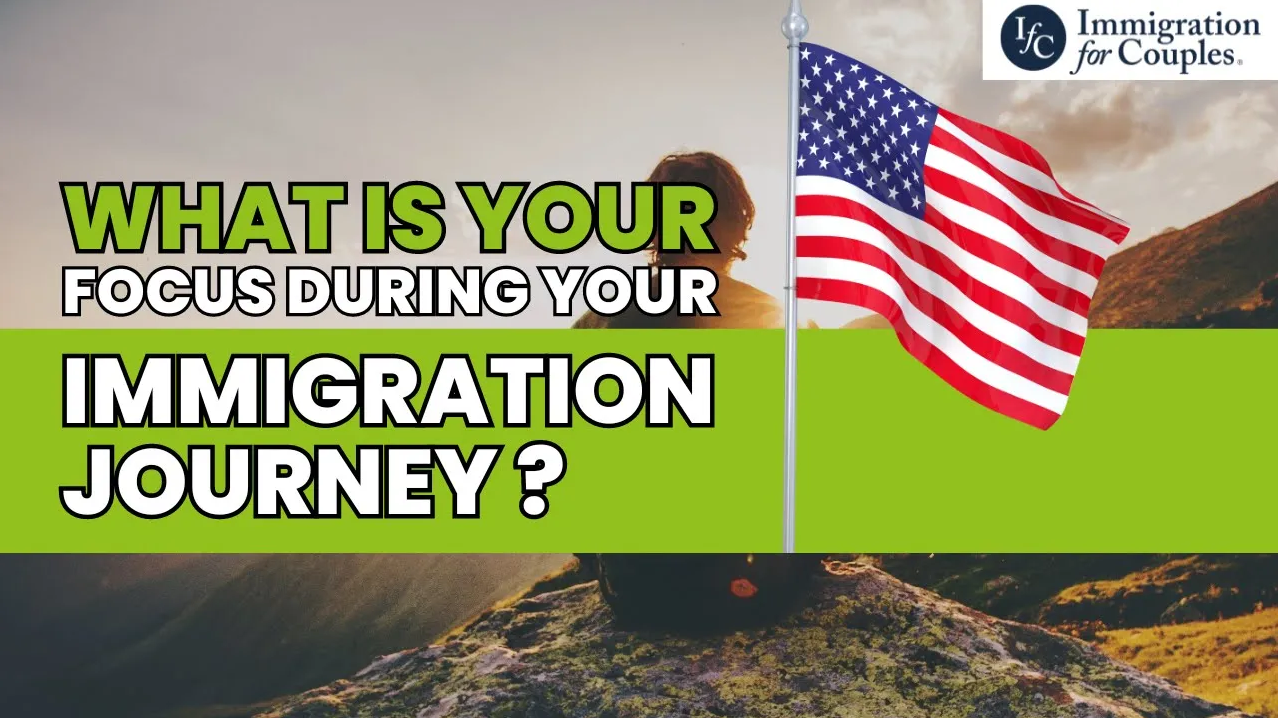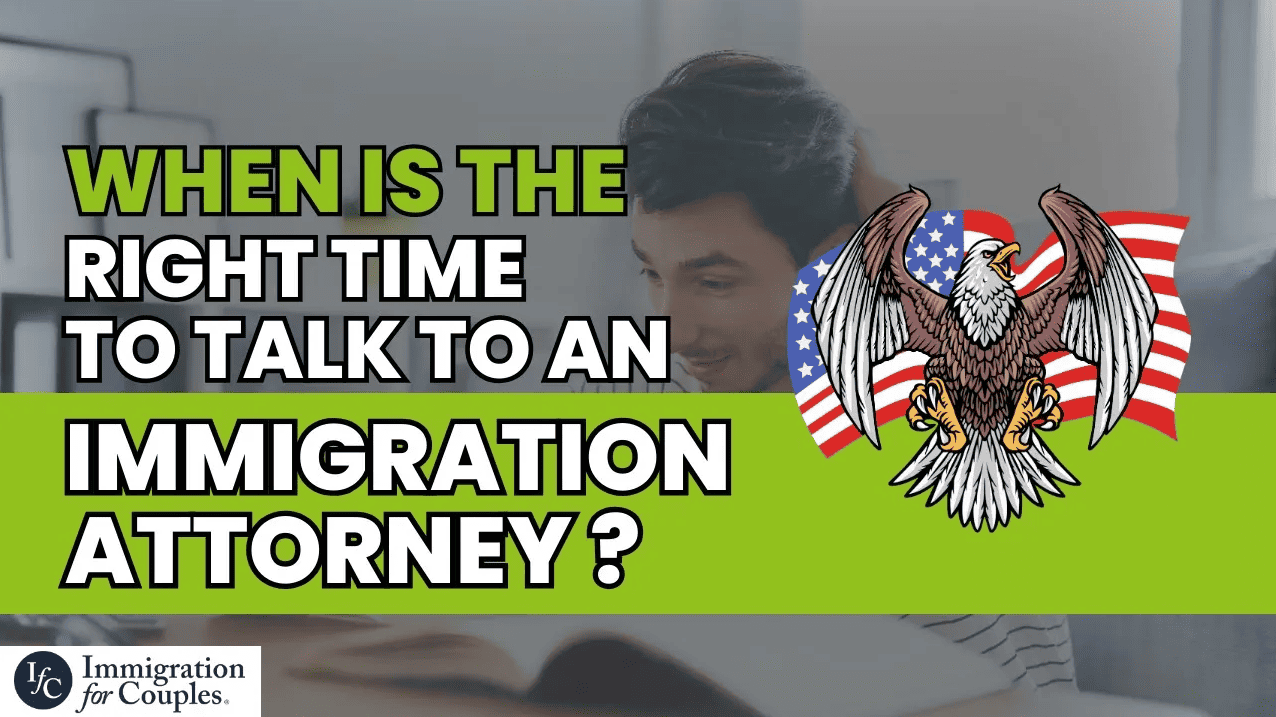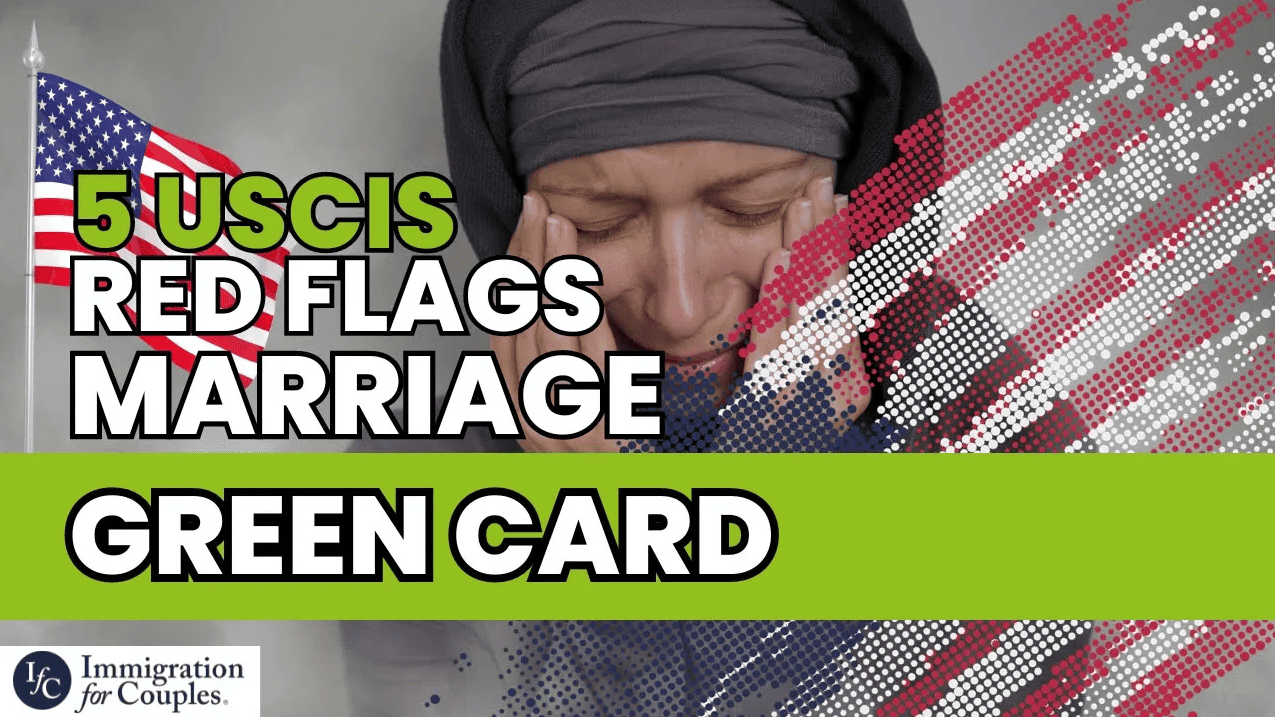The consular can have interviews for all sorts of other visas and visa processes and if you’ve been a frequent flyer at a consular post for visas such as visitor and student visas, they do have the ability to waive the consular interview.
But with regard to spousal visas and fiancé visas, you will likely have to attend an interview at the consulate. In this process, you’d have already submitted your petition with USCIS and that petition has been approved. You’ve gone through the NVC phase of that processing and that could be either submitting all of our documents via the CEAC website for the NVC or simply the application process if it’s a fiancé visa and then that case file is moved on to the consular post where they will evaluate the case and then set it for an interview.
Sometimes that interview is set by the NVC and the consular post. In the case of fiancé visas, we set that via the US Visa website and those timelines are different for different consulates.
What Happens at the Consular Interview?
When you schedule your interview, you will have already completed a medical exam, have all of your documents, and you’re ready to arrive. You’re going to arrive early for that interview process and the first thing that you’re going to do is to see the clerk if you have not yet paid your visa fees, which in some cases you may not have. But in most cases, the visa fees are paid before you can even schedule that interview.
If you’re expediting or filing at a consular post individually, then you’ll need to first pay those visa fees to that clerk. The clerk will go through your documents and see if you have everything that is needed.
Everyone who is named on that interview notice will have to attend the interview. Sometimes children under the age of 14 do not have to attend. Again, this is something you would want to look at the consular’s website and find out for sure. Each consular post has a different guideline as to what they expect.
If, as in our case, we have a spouse or a US citizen fiancé, a lot of times they want to travel to that country and be there for their spouse or fiancé during their interview process. Many times, they can attend the consular post but they won’t be able to go back for the interview. That’s kind of the similar process as to what happens here when you’re filing for an adjustment of status. Many times, they will separate the couple just to further evaluate the Bona fides of that marriage.
But once you’ve satisfied everything for the clerk and you’re getting called back for that interview, the first thing they will do is put you under oath. That is just to be sure that you are going to tell the truth and nothing but the truth. We advocate for that because there are ways for them to find out everything. We want to deal with everything upfront and your legal team would assist with them.
The officer will then review all of your documents, question you about your application, and ask the questions that you’ve already answered in your application. They’ll go through all of those again and they might even read them to you.
That is normal. They aren’t necessarily calling you out or there are red flags. Following that, they will go move on to some eligibility questions. These questions usually stem from the bona fides of marriage questions. Those can be very quick or can be in-depth. It really depends on the adjudicator that you get. They will go through those lists of eligibility questions and usually make a preliminary determination.
Our clients have a very specific list of things to do, get, and bring. We provide all of that for them. We’ve checked the consular post for what specific documents they want because each counselor post is a little bit different. Each consulate usually has some nuance so we always make sure that we are very thoroughly looking over those documents.
Once all of those things are gone through and the adjudicator makes a determination, then you would leave your passport at the consular post. They will put the visa in the passport itself. You can either pick it up or it’s delivered to you. Those things are based on the preference usually of the client.
If the visa is issued and it’s approved, then within a few days, you’ll be able to start making travel plans and get that visa. Occasionally, there are other processes that could happen. They might require an additional document. They will hold that process open generally for you to supply that documentation so pay very good attention to what they tell you to do.
Other times, a case can be submitted to administrative processing. This is like a second level of security type of clearance that some cases go through and sometimes there’s no real rhyme or reason as to why that would happen. There are certain red flags that might come up during a process or a review of an application. This can take up to 60 days to review.





